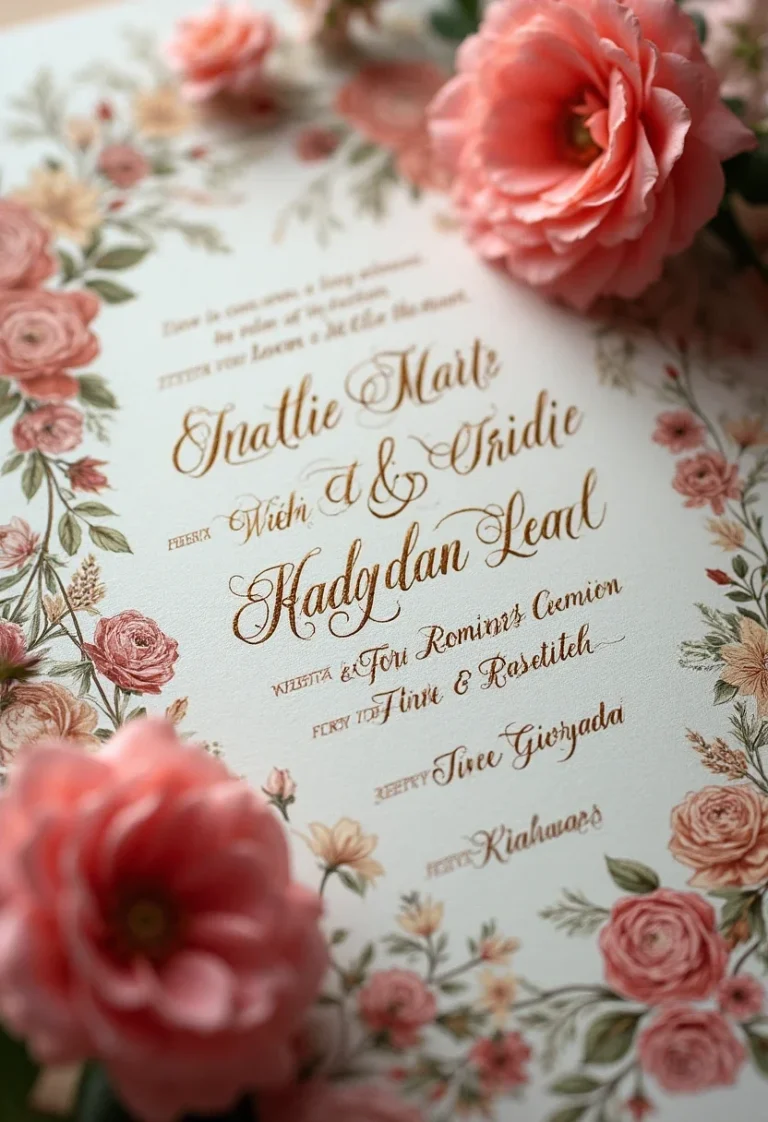Wedding Gift Etiquette Bringing to Reception Explained for Guests
Weddings involve a variety of etiquette practices that have evolved significantly over time. Traditionally, guests would purchase physical gifts from a couple’s registry and bring them wrapped to the reception. Today, with the rise of online shopping, digital payments, and alternative gift options, the expectation of bringing a physical present to the event has diminished.
Many couples now hold destination weddings, making it impractical to transport bulky gifts. Carrying gifts to the celebration is often seen as inconvenient for the couple, who must then manage their return. Instead, guests are encouraged to send gifts directly to the couple’s home or use modern methods to contribute, reflecting current social norms around wedding gift-giving.
Appropriate Timing for Wedding Gift Presentation
Bringing wrapped physical gifts directly to a wedding ceremony or reception is generally discouraged. Most modern etiquette experts agree that this practice is outdated and inconvenient for the couple. Instead, gifts are often sent ahead or delivered to the couple’s home.
Monetary gifts in the form of checks are widely accepted and sometimes preferred by couples. These can be given at the event if there’s a designated collection point, but mailing the check or using electronic transfers through apps like Venmo or PayPal is often more convenient. These options reduce the burden on the couple, who would otherwise manage and transport physical gifts.
The amount to give in a monetary gift varies. A typical amount is around $100, but guests should adjust based on their personal budget and the relationship with the couple. Some follow the practice of matching the value of the dinner or reciprocating previous gifts from the couple.
Non-monetary contributions are also valid. Guests with tighter budgets can offer assistance by helping with wedding preparations, errands, or setup as a meaningful way to support the couple without offering a physical or monetary gift.
Key points:
| Gift Type | When to Give | Notes |
|---|---|---|
| Wrapped physical gift | Not recommended to bring to wedding | Better to send in advance or after |
| Check or cash | At event if collection available, or send before/after | Electronic transfer is convenient |
| Non-monetary help | Before or on the day | Assists couple with wedding tasks |
Situations When Bringing Wedding Gifts Is Not Advisable
Guests should avoid bringing physical gifts directly to the wedding event. Shipping presents ahead of time to the couple’s home is the preferred method to prevent logistical issues such as managing gifts during or after the celebration. This also reduces the risk of items being lost or stolen during the event.
For destination weddings, mailing gifts becomes even more important. Couples attending a wedding away from home face the challenge of transporting multiple gifts back or incurring extra shipping costs. Sending gifts in advance eases this burden significantly.
Timing for sending gifts can vary. Though traditionally gifts might be sent anytime within a year of the wedding, it is more appropriate to send them before the event or within a few months prior. Custom or specially made gifts that require more time may be exceptions to this guideline.
When guests consider the type of gift, practical value often outweighs smaller, registry items, especially those with little sentimental meaning. Monetary gifts or heirloom-quality items tend to be more appreciated and useful for the couple starting their life together.
Key points to remember:
| Scenario | Recommended Action |
|---|---|
| Bringing physical gifts to event | Avoid; send gifts by mail |
| Destination weddings | Ship gifts ahead to reduce travel issues |
| Timing | Send before or within months of wedding |
| Gift type | Prefer sentimental or practical gifts |
By adhering to these guidelines, guests can more effectively show their support without complicating the wedding day logistics.
Is It Necessary to Send a Gift When Missing the Wedding?
When someone is close to the couple, sending a gift—such as something from their registry, a gift card, or a contribution to a honeymoon fund—is appropriate. Including a card with a monetary gift is also common. However, if the relationship with the couple is distant or casual, there is no strict obligation to send a gift when not attending their wedding. The decision often depends on the nature of the connection and personal preference.








